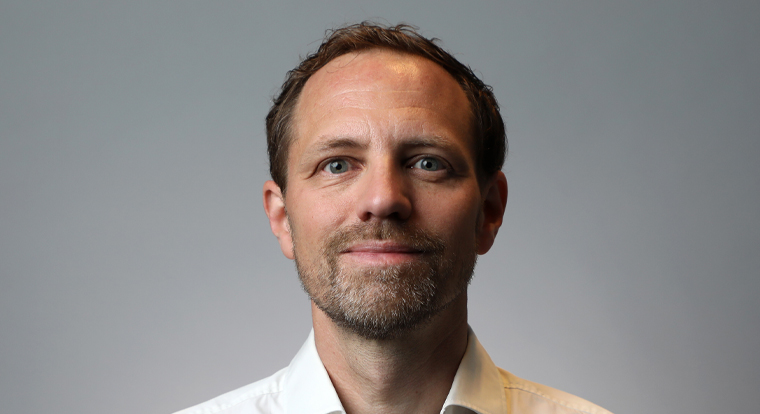Different consent models for coaching services
- 8 September 2008
The first primary care trust to use a telephone support service from private contractor Health Dialog has backed the use of an opt-out consent model after another PCT ran into a row about a similar service.
NHS Norfolk (formerly Norfolk PCT) has been using Health Dialog’s telephone-based health coaching service since March 2006. When Wirral PCT planned to introduce a similar service last month, it faced opposition to transferring extracts from patient records to the private company.
Wirral planned to introduce its scheme on an opt-out basis, but has decided to delay the plans while it addresses issues around patient consent and data confidentiality. However, Dr John Sampson, chair of the clinical executive at NHS Norfolk, and a Norfolk GP, said he felt an opt-out system was the only way to tackle health inequalities.
He told E-Health Insider and EHI Primary Care: “If you use an opt-in system, the people who opt-in are almost certainly going to be the people who understand how to use the health system. The most deprived 10% of the population are not going to respond to IT in the way middle class people do, and most of them will not opt-in.”
The Norfolk health coaching system, called Norfolk Healthline, has covered 20,000 patients from three practices since March 2006.
Nurses run the service and offer help and advice to patients to navigate the healthcare system and make the right healthcare choices. High risk patients are the main target, although the scheme is open to all patients aged over 18.
NHS Norfolk says the scheme has engaged more than 85% of those with long term conditions at the three GP practices, delivering a 7.7% reduction in inpatient activity and 6.8% reduction in A&E activity.
Dr Sampson said the PCT planned to expand the service to cover 50,000 patients in the next phase. He added: “From an IT point of view, an opt-in might seem to be ideal. But if you think about what that means for the individual and for people with health inequalities, my view is that you are setting yourself up for an increasing disparity in health inequalities.”
He added: “I think Wirral’s problem may be that they didn’t engage people. We did extensive engagement with our patients and they are strongly in favour of it.”
However, the second PCT in the country to use Health Dialog’s system is using an opt-in. Surrey PCT said its CareCall pilot covers 32,000 patients from 19 practices. The pilot has been extended to March 2009, when it will be evaluated.
A spokesperson added: “We felt it would be better for patients to opt-in if they wanted to use the service. We wanted to make sure people understood what it is, and that it isn’t a service that replaces their GP or practice nurse.”
Next week NHS Connecting for Health is expected to announce that it will replace its existing opt-out consent model for the Summary Care Record with a consent to view system, where patients will be able to choose whether to give “permission to access” their SCR at each health encounter.
However, patient information will still initially be uploaded to the SCR on an opt-out basis.




